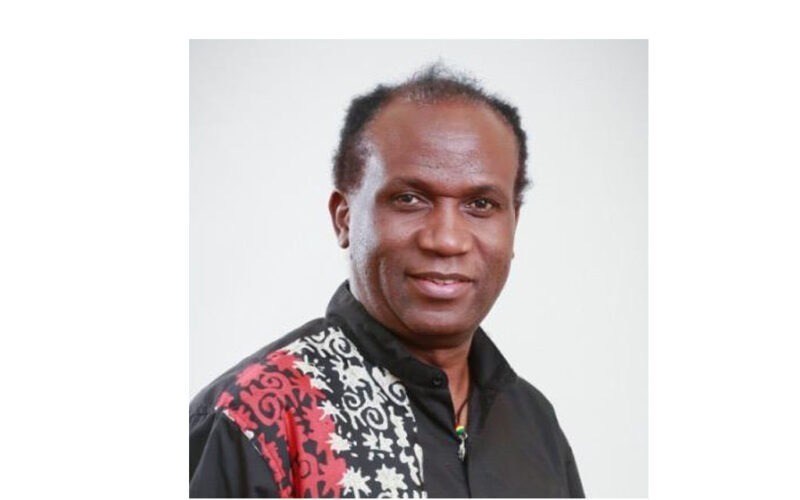Mathew T Haikali
As we prepare to take on the vital task of shaping the future of sports in Namibia, it’s essential to pause and acknowledge the unwavering commitment of our country’s media practitioners. These dedicated individuals have consistently shined a light on the importance of sports by providing critical coverage and sharing valuable information — often despite resistance from sports administrators. Their role is pivotal in bringing sports into national conversations, helping fans, stakeholders, and policymakers understand the broader significance of sports beyond the field.
Yet, a nagging question remains in my mind: Why is it that the sports sector appears to be the only industry where “every Tom, Dick, and Harry” can easily find a role? Consider other professions. Would a carpenter perform as an actor on stage? Would a mechanic assume the duties of an architect? Certainly not. In most industries, roles are clearly defined, with respect for expertise and qualifications. So why does sports, a sector with immense potential, seem to operate with different standards?
The answer lies in how society views and approaches sports. For too long, sports have been perceived as an informal, recreational space that doesn’t require professional qualifications. This mindset has stunted the growth of the industry. While the accessibility of sports is vital for community engagement, we must recognize that running a successful sports ecosystem requires specialized knowledge, leadership skills, and professional training.
Sports in Namibia hold vast untapped potential to drive job creation, economic growth, and social transformation. Imagine a fully professionalized sports sector with well-trained administrators, marketing professionals, event organizers, and coaches. The sector could absorb graduates, generate new career paths, and foster innovation, much like other industries. But for this vision to become a reality, we need to confront the hard truth: the sports industry must professionalize.
Unfortunately, as sports administrators, we have not done enough to showcase the opportunities within the sector or to campaign for professional development. Some of us still cling to a “PhD syndrome” — where those in power hoard knowledge and opportunities, unwilling to share information or open doors for others. This mentality of protecting one’s turf hinders progress. It prevents fresh ideas from flourishing and ultimately stifles the sector’s growth.
We need to change that mindset. Collaboration and mentorship must become the cornerstones of our approach. The success of Namibian sports cannot rest on the achievements of a few individuals; it must be about collective progress. When we empower others, we empower the entire ecosystem. It’s not about individual glory but about creating a thriving sports culture that future generations will benefit from.
Sports have a unique power to transform lives — from grassroots initiatives that build communities to national teams that inspire pride. The industry encompasses a wide array of roles: athletes, coaches, administrators, media professionals, sponsors, and more. But to unlock its full potential, we need an ecosystem that values professionalism, invests in talent development, and fosters an inclusive environment where everyone can contribute and succeed.
The time to act is now. Let’s build a sports sector that is professional, sustainable, and inclusive — one that future generations will thank us for. By working together as a team, we can create a legacy that ensures Namibia is recognized as a leader in sports development on the continent.
It’s no longer just about the games we play today; it’s about the legacy we leave behind.
Mathew T Haikali I Managing Member I Just Imagine SPORTS I Box 20739, Windhoek
M: +264 85 522 0647 I E: rootzkrew@gmail.com I E2: matts@iway.na


